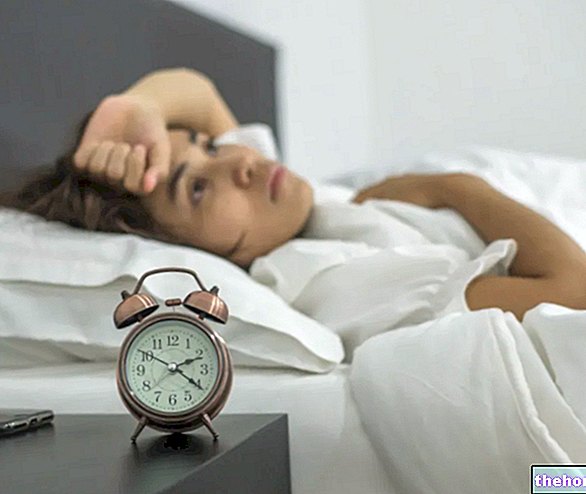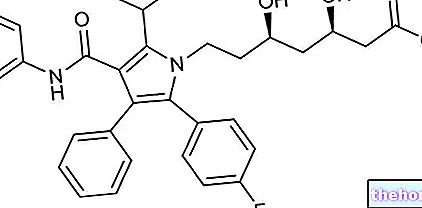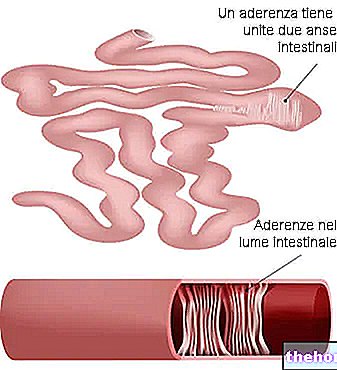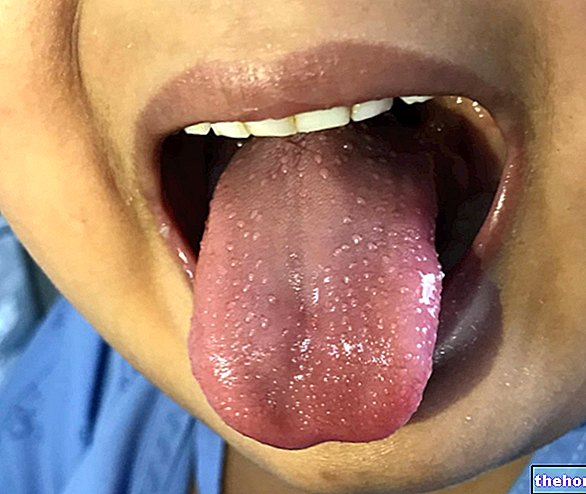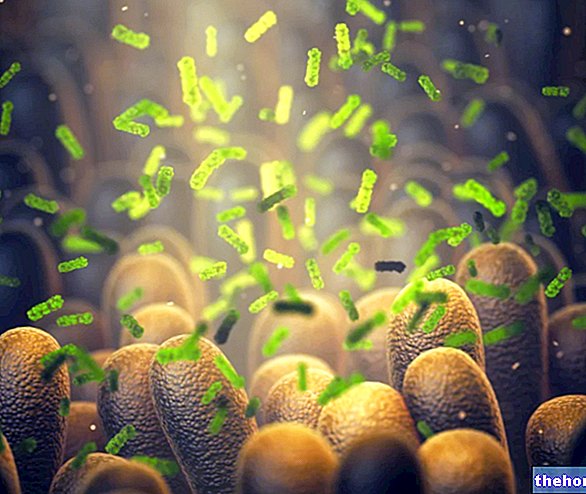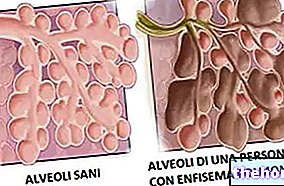, the history of each person, social and economic conditions and also biological factors such as sex, age and already overt pathologies. Often, in subjects positive to the virus, during the illness, but also afterwards, after recovery, anxiety disorders, stress, insomnia, depression and feelings of anger occur, which were not evident during the first epidemic phase. This is partly due to the persistence of this emergency situation and uncertainty about the future.
The subjects who are most exposed to the risk of relapse on a psychological level are those who have experienced the disease firsthand, therefore who have been infected or have had close people or relatives who are sick or deceased, those who have lost their jobs or suffered damage to their business, but also those who suddenly found themselves having to live for a long time in restricted environments for quarantine needs.
The post Covid-19 cognitive fog
The symptoms of post Coronavirus cognitive fog can present themselves immediately and last even a few months after recovery. Among the most common features of the manifestation of this brain disorder are: mental confusion, difficulty concentrating, recurrent amnesia, prolonged or short-term memory loss, learning disabilities, chronic fatigue, sense of loss. It has been found like patients recovered from Covid-19 have struggled to find the working rhythms of before and how they felt overwhelmed and disoriented in completing the usual practices and carrying out the usual tasks.
from Covid-19? From a research by the Department of Psychiatry at the University of Oxford, published in the journal The Lancet Psychiatric, it emerged that cAbout one in five people have psychiatric disorders between two weeks and three months after the diagnosis of the disease. The researchers examined a large sample of patients, through their 69 million medical records, of which 62,354 were diagnosed with Covid-19.
Compared to the various researches already conducted, which had highlighted the co-presence of symptoms of anxiety, post-traumatic stress disorder, depression and insomnia in patients with Covid-19, with this study, for the first time the sample is no longer made up by people who respond to self-reported surveys and symptoms, but on diagnoses contained in millions of medical records with a control condition compared to those who have not contracted Covid-19.
The study also found that a psychiatric diagnosis in the previous year is associated with a higher incidence of Covid-19 diagnoses.
(28%). These disorders tend to improve slightly over time, while depression does not recede and affects 40% of patients who have experienced the disease and who already had psychiatric diagnoses and 20 of those who had never had one. caused by the pandemic, it is useful, according to experts, to act on the biological rhythms, which have been compromised during the lockdown and the disease. Synchronize these rhythms by adjusting the times of wakefulness and sleep. Using light therapy in the morning, and always falling asleep at the same time in the evening, perhaps with the help of natural remedies such as melatonin. It is important to keep active: moderate exercise, a run or a walk not far from home they help to counteract the negative psychological aspects of forced clauses or direct experience with Covid-19. Motor activity strengthens the immune system and decreases inflammation.
If fatigue, anxiety, fatigue, and cognitive problems persist, do not underestimate them and consult a specialist as it could be depression.
The pandemic has also caused an increase in the psychological effects of video chats.


